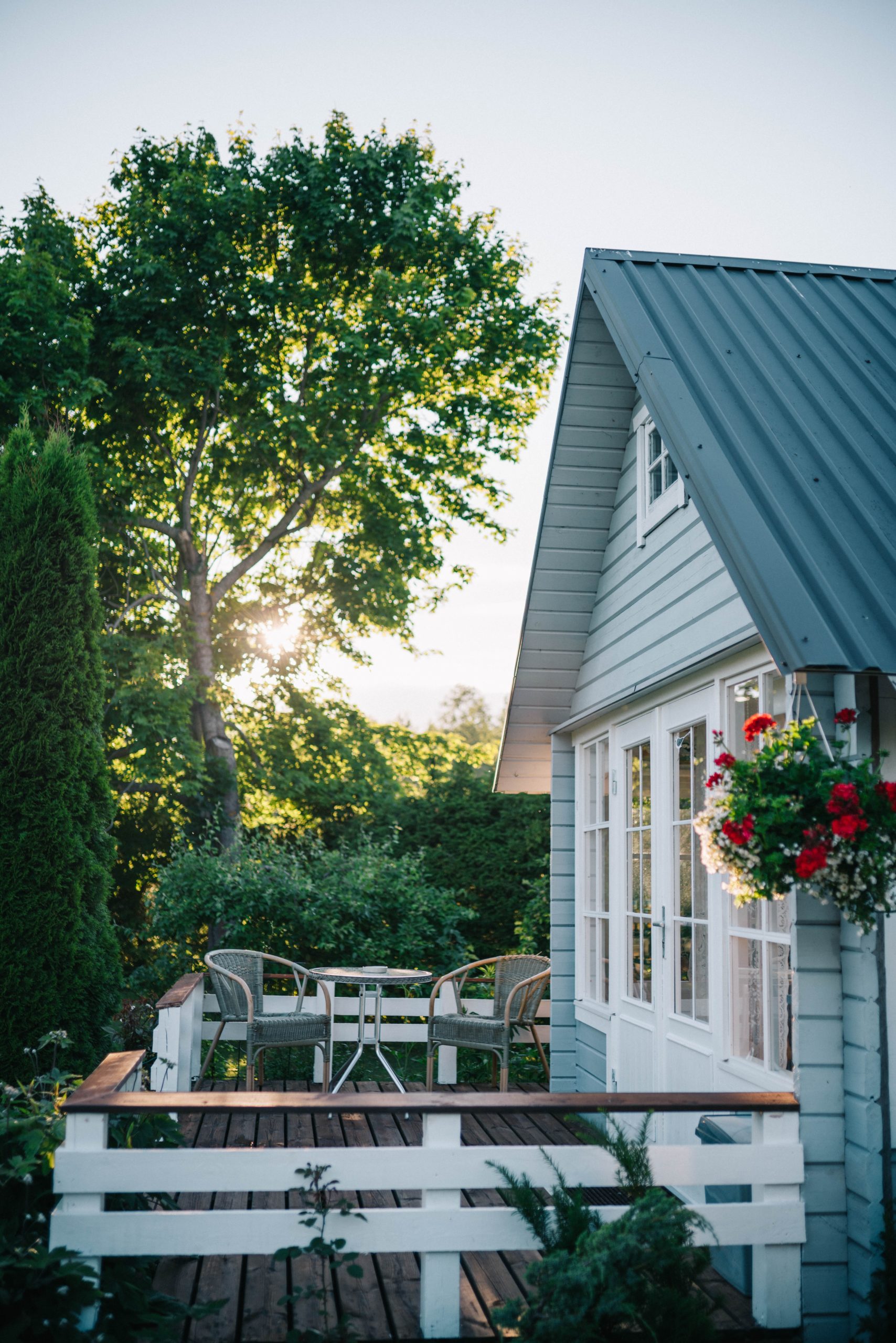Some of the assets in an estate are subject to taxes and fees, and some aren’t. Find out which is which
A popular regular feature in Good Times magazine is “Your Questions,” where Olev Edur provides answers to questions from our readers regarding their rights, personal finance, and estate planning. Here’s one on keeping as much of your estate as possible out of the government’s hands.
Q. I’m 80 and live in my own home in Saskatchewan, currently worth about $250,000. My income is $24,000 a year, and I have about $60,000 invested in GICs and some mutual funds. I’d like to leave my savings and the house to my only daughter, but I’m concerned about taxes and probate fees. I’d like to be able to pass all these assets to her while paying the minimum to the government. I’ve created my own simple will (no lawyer fees). Is there anything else I can do to preserve my estate for my daughter?
A. Possibly. I presume, first of all, that your savings account is not a registered one, such as a RRIF or LRIF; if it is, the money it contains will all be added to your income in the year of death and be subjected to tax at your top marginal rate; otherwise, there should be no income tax on the transfer of that $60,000, because it is, after all, money that’s already been taxed. Similarly, since your house is presumably your principal residence, there would be no tax bill on that transfer, although your executor must be sure to indicate the transfer on your final tax return.
In your province of Saskatchewan, holograph wills—that’s what they call what you have created—are recognized as legal (this is not the case in all provinces) provided they are entirely handwritten (not typed) by you, and dated and signed. Nevertheless, I think it would be a good idea to have an estate lawyer vet what you’ve written. Sometimes even an inadvertent word or two can have undesired legal consequences.
As for probate, while this is usually required when it comes to assets held in financial institutions and to the transfer of real estate, your affairs seem simple enough that it may not be necessary, but you should double-check with a tax lawyer in your province. If probate is required, the fee on a $310,000 estate (your house plus the savings) in Saskatchewan is $7 per $1,000 of estate value or, in your case, about $2,200.
You could reduce this fee by placing the house into joint ownership, but the downside here is that your daughter could do what she wishes with her ownership share, such as borrowing against it; also, the legal and other fees for creating a joint ownership arrangement could be almost as much as the savings on probate fees (which would still be $420 on your $60,000 in investments). Again, check with an estate lawyer as to the costs.
Photo: iStock/Obencem.






